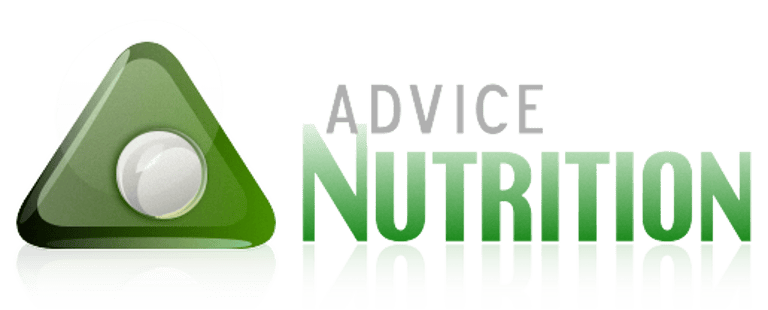Introduction
Dietary supplements can support a balanced diet, but they are not a replacement for whole foods. At Nutrition Advice Online, we provide evidence-based guidance on supplements, helping you make informed decisions that enhance your nutrition and wellness safely. Our goal is to empower readers with practical knowledge without making unrealistic claims or medical promises.
1. What Are Dietary Supplements?
Supplements are products designed to provide nutrients that may be missing from your diet. Common types include:
Vitamins (Vitamin D, Vitamin B12, Vitamin C)
Minerals (Calcium, Iron, Magnesium, Zinc)
Herbal supplements (Turmeric, Green Tea Extract)
Protein powders and amino acids
They are intended to complement a healthy diet, not replace it.
📖 External Source: NIH – Dietary Supplements
2. Who Might Benefit From Supplements?
Some individuals may need supplements due to diet or health circumstances:
Vegans and vegetarians: May need vitamin B12, iron, or omega-3.
Pregnant women: Folic acid supports healthy development.
Older adults: Vitamin D and calcium support bone health.
People with restricted diets: Those with allergies or specific medical conditions may need additional nutrients.
3. Safety Tips for Using Supplements
Consult a healthcare professional before starting any supplement.
Choose reputable brands with third-party testing.
Follow recommended dosages and avoid excessive intake.
Check interactions if you are taking medications.
Avoid products that claim to “cure” diseases or make unrealistic promises.
💡 Related: See The Truth About Supplements: Do You Really Need Them?
4. Vitamins and Minerals Overview
Vitamins
Vitamin D: Supports bone health and immune function.
Vitamin B12: Important for energy and nervous system support.
Vitamin C: Helps support overall wellness and antioxidant defense.
Minerals
Calcium: Supports bones and teeth.
Iron: Supports healthy blood function.
Magnesium and Zinc: Support metabolism and overall wellness.
5. Protein Supplements
Protein powders can support muscle maintenance and recovery, especially for those with higher protein needs:
Whey protein, plant-based protein powders, or blended options.
Should complement dietary protein from foods like eggs, fish, poultry, beans, and legumes.
6. Herbal Supplements
Herbal products like turmeric, green tea extract, and ginger can be incorporated safely:
Follow recommended doses on labels.
Ensure products are from trusted manufacturers.
Use as complementary to a balanced diet, not a replacement for treatment.
7. How to Incorporate Supplements Into Your Routine
Identify gaps in your diet.
Prioritize whole foods first.
Select supplements only when necessary.
Track your intake to prevent accidental overdosing.
8. Common Myths About Supplements
Myth: Supplements replace a healthy diet → Fact: Whole foods provide more nutrients and fiber.
Myth: More is better → Fact: Excess can be harmful.
Myth: Supplements can cure diseases → Fact: They support wellness but are not cures.
9. Summary
Supplement Guidance is about making informed, safe, and practical choices. By understanding your needs, selecting high-quality products, and combining them with a balanced diet, you can enhance your nutrition and overall well-being responsibly. Supplements are tools to complement your lifestyle, not a substitute for healthy eating or medical advice.
